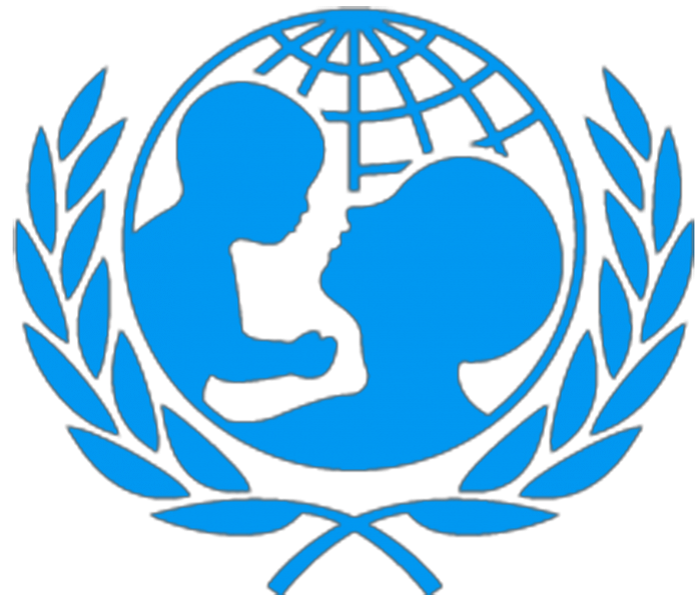The United Nations Children’s Fund (UNICEF), has expressed concern over the poor attitude of people towards healthy sanitary conditions, saying Nigerians prefer cell phones to improved toilets.
According to the UN agency, 140 million Nigerians have cell phones more than toilets in Nigeria.
Advertisement
The Chief of Water and Sanitation Hygiene (WASH), Zaid Jurji, stated this in Port Harcourt, Rivers state, in his presentation entitled: “Sustainability of the Water, Sanitation and Hygiene programmes and ending open defecation in Nigeria.”
He delivered the presentation during the opening ceremony of a two-day media dialogue on European Union (EU) Niger Delta Water Project.
The programme was organised by UNICEF and Child Rights Information Bureau of the Federal Ministry of Information, Culture and Tourism and supported by EU.
While giving a damning revelation that Nigeria loses $1.3 billion (N455 billion) annually due to poor sanitation, UNICEF explained that in Nigeria, only 97 million have access to improved sanitation.
Advertisement
The N455 billion annual loss, according to him, was due to poor sanitation, and constituted 1 per cent of Nigeria’s Gross Domestic Products (GDPs).
Jurji said, “More people have access to a cell phone than toilets in Nigeria. 140 million people have cell phones, meanwhile only 97 million have access to improved sanitation.”
According to him, if Nigeria loses N455 billion each year due to lack of sanitation and needed only N95.9 billion per year to eliminate open defecation, the economic gains could be about $1.026 billion (N359.1 billion) each year.
Jurji said the Federal Government would need ₦234 billion for the realization of open defecation free Nigeria by 2025, adding that Dass and Warji in Bauchi State, and Obaniku in Cross River were the only three Local Government Areas in Nigeria out of the 774 LGAs that have attained ODF status.
“Nigeria loses $ 1.3 billion (N455 billion) annually due to poor sanitation. This constitutes 1% of Nigeria’s GDP. Open defecation costs Nigeria over $1 billion a year, the GDP of Gambia. Losses are due to premature deaths, healthcare costs, and reduced time and productivity.
Advertisement
“If Nigeria loses N455 billion each year due to lack of sanitation and needs only N95.9 billion per year to eliminate open defecation, the economic gains could be about $1.026 billion (N359.1 billion) each year,” the UNICEF chief said.
Speaking on what should be done to eliminate open defecation, he said it required estimated total investment of N959 billion, including household costs of N725 billion and government cost of N234 billion.
He said, “N234 billion is needed for the realization of ODF Nigeria by 2025. Sanitation needs to be prioritized on the Federal and state governments’ agenda and declared a state of emergency. The government should initiate bills/laws to promote sanitation and take urgent action to implement open defecation roadmap.
“Separate budget line for sanitation and ODF campaign must be allocated by state and Federal Government. The government, legislators, civil societies, and community leaders must ensure the timely release, efficient targeting and transparent/accountable spending of sanitation budgets.”
“Without toilets, people are forced to defecate in the open leading to exposure to diseases such as diarrhea, cholera, viral hepatitis, typhoid, polio, dysentery, 122,000 Nigerians, including 87,000 children under 5 die each year from diarrhea; nearly 90 per cent is directly attributed to lack of WASH.
“Frequent episodes of diarrhea and other WASH-related illnesses leads to stunting, wasting and malnutrition, which severely affects children’s development. In Nigeria, one in four children under five exhibit severe stunting, while one in ten are moderately to severely wasted.”
Advertisement
Jurji also gave an update about the status of sanitation in Nigeria saying not many have access to basic toilet.
“One in four Nigerians lack access to a basic toilet. They defecate in the open; 32 per cent live in rural areas, 39 per cent are from the poorest households. Only 39 per cent Nigerians use an improved toilet that is not shared by more than one household. 44 per cent have safely managed facilities (Sustainable Development Goals target), while 34.6 per cent have basic facilities (Millennium Development Goals target)”, he emphasised.



